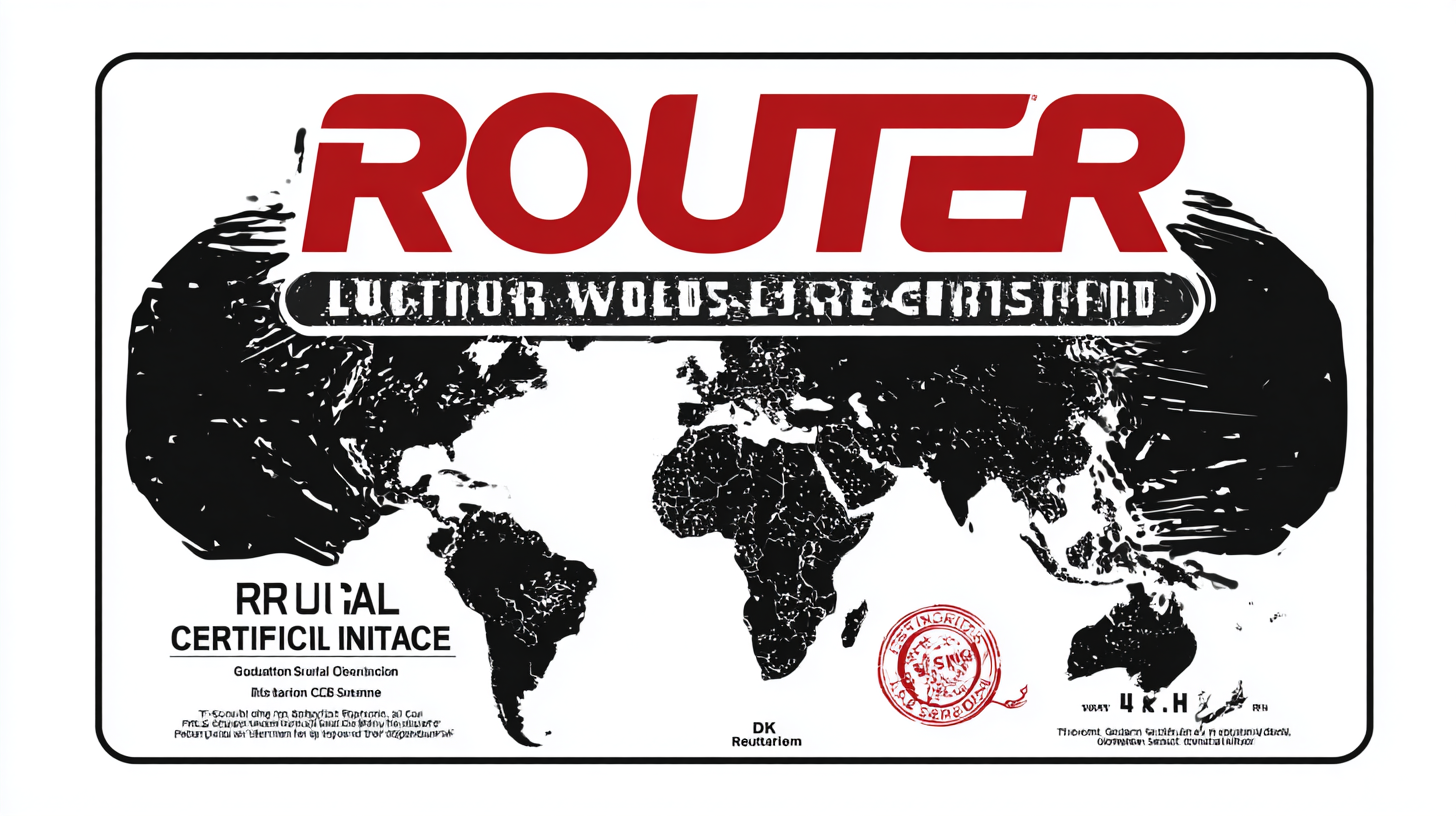In today's interconnected world, businesses are constantly seeking ways to enhance their global trade opportunities. One crucial element in this quest is the Router License, which serves as a gateway for companies to access international markets while ensuring compliance with industry standards. This blog delves into effective strategies for identifying high-quality suppliers, emphasizing the significance of industry certification insights. By understanding the nuances of supplier selection and the role of Router Licenses, businesses can make informed decisions that enable them to thrive in an increasingly competitive landscape. Join us as we explore the essential steps needed to unlock new avenues in global trade through strategic supplier partnerships and the advantages conferred by Router Licenses.

In today’s rapidly evolving global market, strategic router licensing has emerged as a key contributor to unlocking the potential of international trade. The demand for seamless connectivity and robust network infrastructure is surging, with a projected growth rate of 8.5% annually in the global networking hardware market, according to a report by Grand View Research. This growth emphasizes the need for advanced routers that meet industry standards, allowing businesses to optimize their supply chains and enhance communication across borders.
The implications of efficient router licensing extend beyond mere compliance; they foster innovation and drive economic competitiveness. The International Telecommunication Union (ITU) reports that small and medium-sized enterprises (SMEs) that adopt high-quality networking solutions can improve their export capabilities by up to 30%. This is largely due to improved data handling and communication efficiencies, illustrating how strategic router licensing can directly impact the global trade landscape. As companies navigate the complexities of international regulations, aligning with industry certification standards becomes imperative, ensuring not only compliance but also the unlocking of new market opportunities.
In today's competitive landscape, understanding industry certifications is vital for businesses aiming to enhance their competitive advantage. According to recent insights from market research, companies that prioritize certification often see a 20% increase in operational efficiency and a 30% improvement in customer satisfaction. This emphasizes the role certifications play in streamlining processes and building trust with clients. For those in rapidly evolving sectors, such as intelligent transportation, having recognized certifications can aid in navigating complex regulatory environments and meeting stringent quality standards.
As the intelligent transportation industry integrates advanced technologies with traditional transport systems, the need for certified expertise has never been more significant. Reports highlight that countries investing in smart transport solutions are expected to grow their transportation markets by over 25% in the next decade. Furthermore, with the release of pivotal documents like the white paper on the BeiDou Navigation Satellite System, businesses equipped with relevant certifications will better position themselves to leverage government-supported initiatives and technological advancements, ultimately leading to sustained growth and innovation in a transforming global trade environment.

In the rapidly evolving landscape of global trade, Chinese manufacturers play a pivotal role in building trust across markets. According to a report by McKinsey & Company, Chinese manufacturing accounted for approximately 28% of the world's total output in 2022, highlighting the country's dominance in the supply chain. This significant share not only underscores the capability of Chinese firms to meet international demand but also emphasizes their commitment to quality and reliability.
Moreover, industry certifications have become essential in establishing credibility for Chinese manufacturers. Data from the China National Certification and Accreditation Administration indicates that over 1 million products were certified under international standards in 2023 alone. This trend illustrates the proactive approach of Chinese companies toward compliance and transparency, easing concerns regarding product quality in global markets. By leveraging these certifications, manufacturers are not just enhancing their reputation but also unlocking new trade opportunities that contribute to sustainable growth in the global economy.
This bar chart illustrates the percentage of global trade opportunities unlocked by various industry certifications. As shown, certifications in quality management, environmental management, and product safety play significant roles in establishing trust in global markets.
The landscape of global trade is continuously evolving, necessitating firms to leverage technology alongside compliance to achieve success. According to a report by the World Bank, countries that invest in technological advancements can boost their exports by up to 20%. The integration of robust router licenses enhances data transfer capabilities while ensuring adherence to international compliance standards, which is crucial in a digitally dominated market.
Tips: To streamline your compliance processes, it’s advisable to regularly audit your technology infrastructure. Ensuring your routers are licensed and updated can drastically reduce risks associated with data breaches and non-compliance penalties, which, according to the Global Compliance Survey, can cost businesses an average of 2.71 million USD per incident.
Moreover, harnessing the potential of Industry-specific certifications can facilitate smoother trading relationships and foster trust among international partners. A study by the International Trade Centre indicates that certified companies experience up to a 30% increase in cross-border transactions. Therefore, aligning your technology strategy with certified standards is not just beneficial but necessary for sustainable trade growth.
Tips: Regularly check for industry-specific certification requirements that apply to your sector to ensure that your company stays competitive and fully compliant. Engaging with certification bodies can provide insights into best practices that can further enhance your operational efficiency in global markets.
The landscape of router license certifications is evolving rapidly, influenced by technological advancements and shifting global trade dynamics. As countries increasingly recognize the importance of secure and efficient networking technologies, we can expect a surge in standardized certifications. These certifications not only enhance interoperability among devices but also establish trust between manufacturers and consumers. By adopting rigorous industry standards, companies can ensure their products meet international safety and performance benchmarks, paving the way for smoother global commerce.

Future trends indicate that router license certifications will be increasingly tied to international trade agreements. As nations strive for greater economic collaboration, compliance with verified certification systems will become a critical factor for market entry. This shift will likely necessitate a more comprehensive understanding of the regulatory requirements in various regions, pushing businesses to align their strategies with these certification trends. As a result, companies that prioritize obtaining and maintaining these licenses will not only bolster their market competitiveness but also unlock new opportunities for expansion in the global trade arena.


